King Crimson Albums Ranked
King Crimson is an English progressive rock band formed in London in 1968. King Crimson has been influential both in the early 1970s progressive rock movement and many contemporary artists. Although the band has undergone numerous formations throughout its history, Robert Fripp is the only constant member of the group and is considered the band’s leader and driving force. The band has earned a large cult following. They were ranked No. 87 on VH1’s 100 Greatest Artists of Hard Rock. Although considered to be a seminal progressive rock band (a genre characterized by extended instrumental sections and complex song structures), they have often distanced themselves from the genre: as well as influencing several generations of progressive and psychedelic rock bands, they have also been an influence on subsequent alternative metal, hardcore and experimental/noise musicians. In 1981, King Crimson reformed with another change in musical direction and instrumentation (incorporating, for the first time, a mixture of British and American personnel plus doubled guitar and influences taken from gamelan, post-punk, and New York minimalism). This lasted for three years, resulting in the trio of albums Discipline (1981), Beat (1982), and Three of a Perfect Pair (1984). Following a decade-long hiatus, Fripp revived the group as an expanded “Double Trio” sextet in 1994, mingling its mid-‘70s and 1980s approaches with new creative options available via MIDI technology. This resulted in another three-year cycle of activity including the release of Thrak (1995). King Crimson reunited again in 2000 as a more alternative metal-oriented quartet (or “Double Duo”), releasing The Construction of Light in 2000 and The Power to Believe in 2003: after further personnel shuffles, the band expanded to a double-drummer quintet for a 2008 tour celebrating their 40th anniversary. Following another hiatus between 2009 and 2012, King Crimson reformed once again in 2013; this time as a septet (and, later, octet) with an unusual three-drumkit frontline and the return of saxophone/flute to the lineup for the first time since 1972. This current version of King Crimson has continued to tour and to release live albums, significantly rearranging and reinterpreting music from across the band’s entire previous career. Here are all King Crimson albums ranked.
Listen and enjoy the music of King Crimson. Click below as you relive the songs of the hottest English rock band.
10. THRAK (1995)
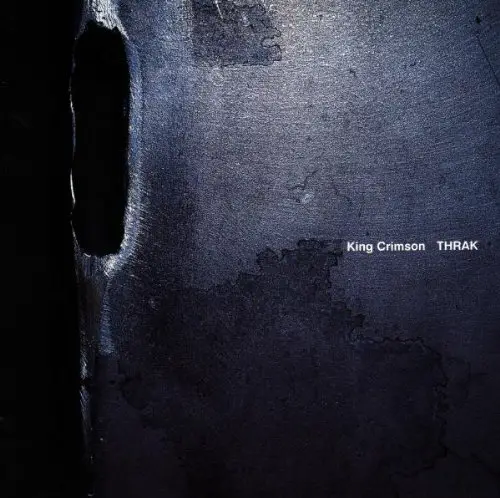
“An extraordinary Crimson album that begs to be re-discovered (or discovered) by crimheads – as I seem to remember fans were once called – everywhere. The 2015 remaster with Jakko Jakszyk’s 5.1 remix is highly recommended. Jakko Jakszyk appears to have been paying attention during Wilson’s remixes of the earlier catalogue.”
9. Three of a Perfect Pair (1984)
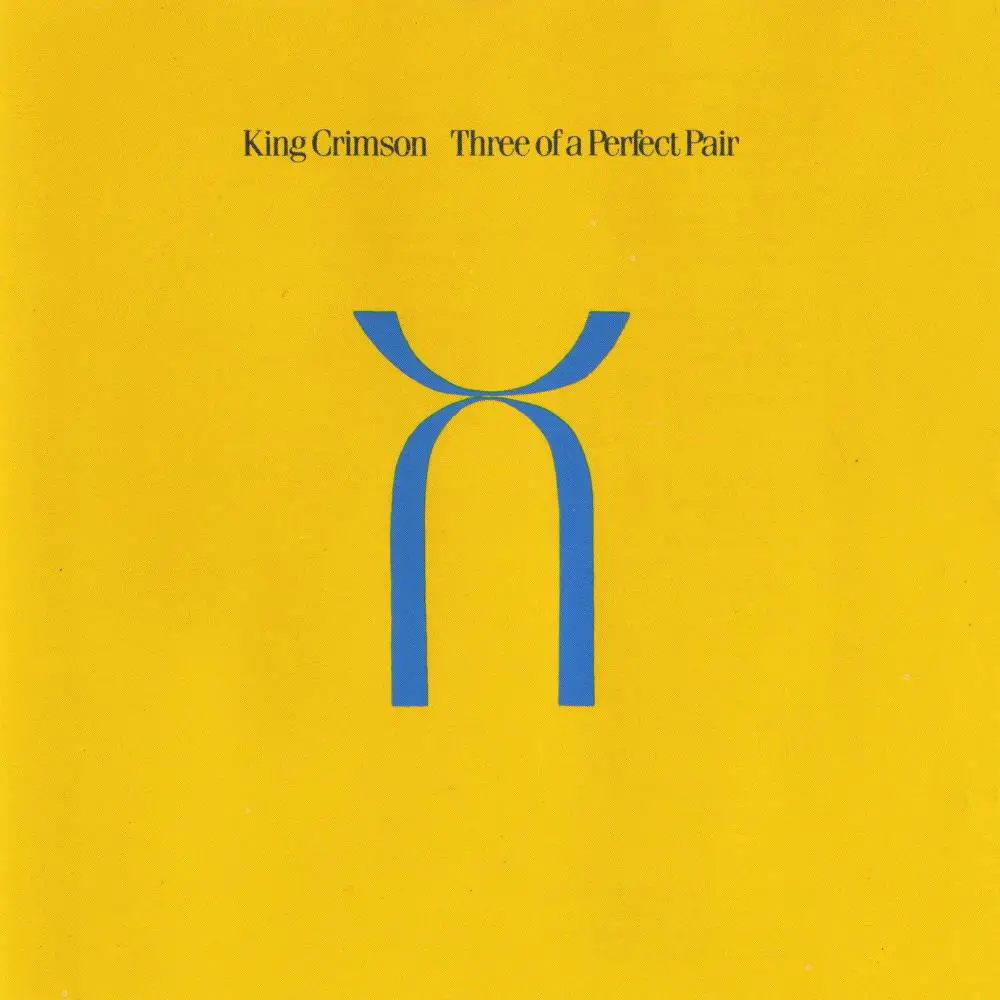
“The last of 3 albums by the Belew, Fripp, Levin and Bruford lineup of King Crimson. (1981-84) Part pop music and part abstract soundscapes, Three of a Perfect Pair feels like a marriage of ideas laid out in the band’s previous two releases, Discipline and Beat. The beauty of this record is the band was able to layer these two concepts seamlessly like in the title track or Man With an Open Heart.”
8. Starless And Bible Black (1974)
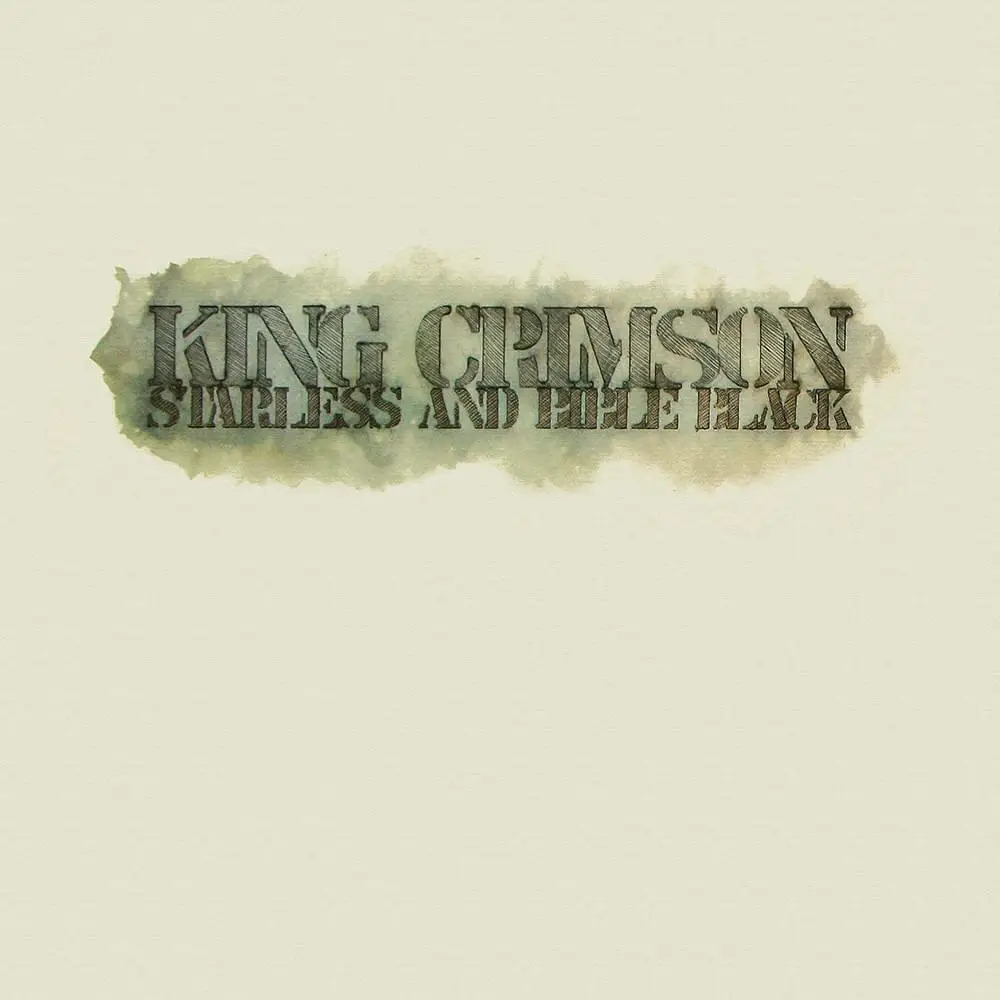
“This is an absolute gem of an album. The four members of Krim really shine throughout the album. The improvisation had taken on almost telepathic qualities, so much so that Bruford gets a song writing credit for knowing that his absence from the live improv Trio would make it a better piece of music.”
7. Islands (1971)
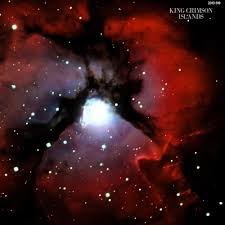
“Jazz-fusion, progressive, psych/blues/rock, call it what you will or describe it how ever you like but this is good old fashioned rock n roll with horns. It gets better with each listen. I saw the Los Angeles show in 2014 and by all accounts we’re all blessed to have been around the same time this band was. I love it.”
6. Lizard (1970)
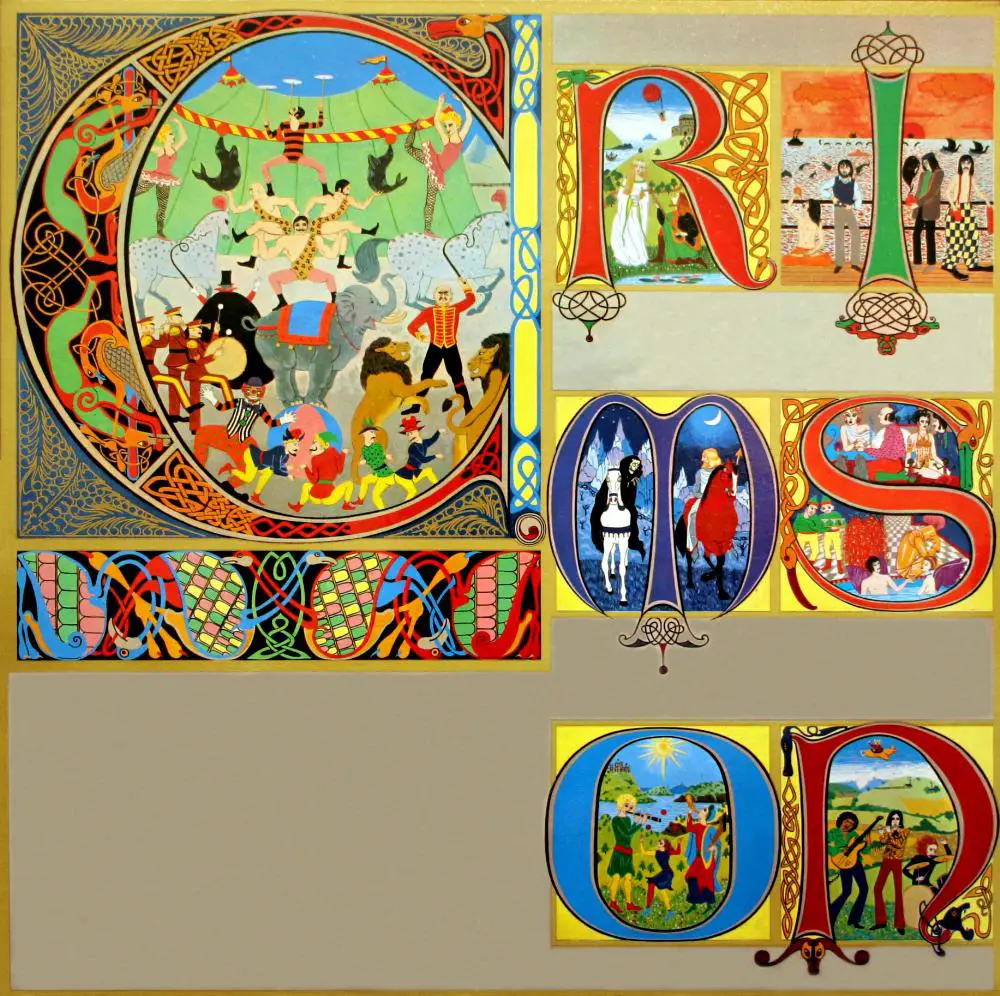
“To me this is truly a conceptual album, from the lyrics, to the music and album cover artwork. To me few albums have such a harmony between these factors. The music is a great blend of jazz and rock using both traditional and new for the time instruments. The themes are mystical as well contemporary, Happy Family is about The Beatles. Granted it is not for everyone, but if you delve into this album, and let it take you on its musical journey, you will come out the other end knowing it was worth the experience. I don’t listen to it as much as I once did, but it has remained one of my favorite albums for over forty years.”
See more: Boston Albums Ranked Worst to Best
5. In The Wake Of Poseidon (1970)
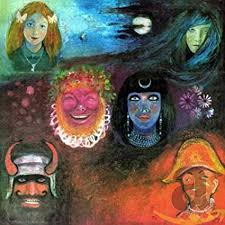
“This is my favorite KC album of all times. I have always liked this album since it first came out. But the mix and remastering here is the best. This album costs a lot of money right now, but it is worth it to me to have a version of Greg Lake singing Cadence and Cascade on the bonus track. I like it better than the one they released on the original album, and I wish they could have put him singing with the music of the actual album. That would have blown this album off the charts when it was first released. They hit a homerun with “In the Court” when it first came out, but this would have given them a grandslam if they had kept Greg singing. Thanks for your review Cactus Ed, you did me a big favor.”
4. Discipline (1981)
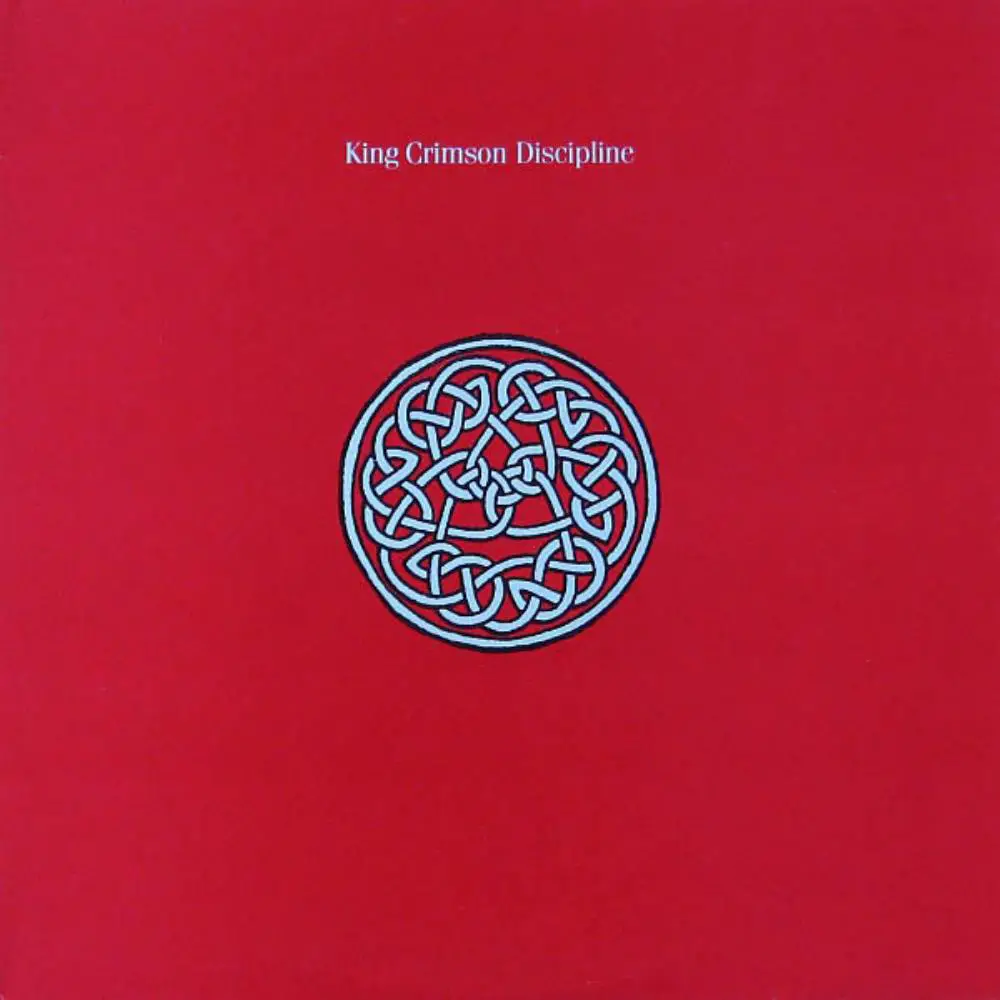
“Discipline is a master work. Getting it on vinyl not only reminds you to play it through (rather than as isolated songs), but it provides a clean, clear experience to anytone with a decent listening room. If you’re listening on headphones, go ahead and download a digital copy. If you are initiating a new listener in a live, open space however – go for the nice, remastered, dense vinyl pressing. It is well worth it.”
3. Larks’ Tongues In Aspic (1973)
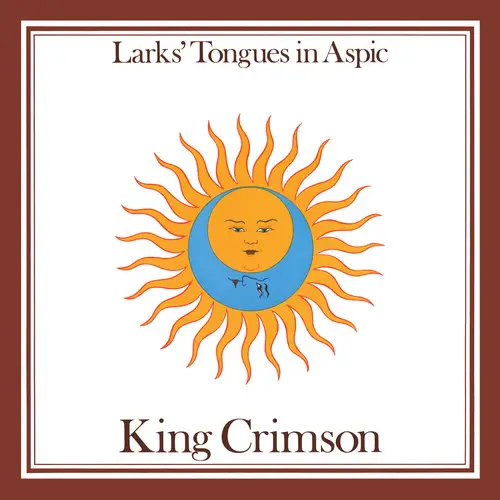
“Probably all that needs to be said. Released in March of 1973, this album, if your into progressive rock, is absolutely masterful. From the opening blurbs of the two-part title track there is an epic sprawl that this album will take you through. Twisty. Turny. All over the place. It will absolutely make your head spin. There are jazzy, funky riffs and there are passages that sounds like something Sabbath would have carved out of their dark niche. Definitely not an album for the meek. There’s no dance tunes here. There’s well-crafted chaos galore. Pushing the boundaries of rock music defines the term “progressive rock” and that’s just what King Crimson were doing on this album. It doesn’t necessarily make a whole lot of sense, but there is genius lurking in the maelstrom. Dig it! The two bonus tracks are studio extracts that show you, the casual listener, how intense these guys were. Live in the studio, playing arrangements that boggle the mind. Exceptional.”
2. Red (1974)
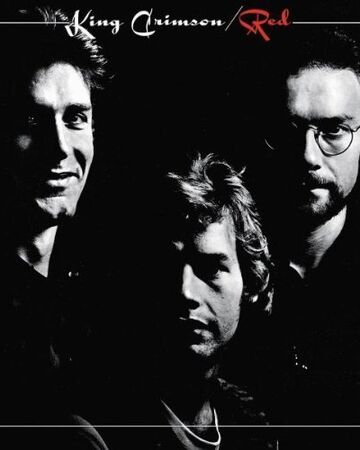
“It’s pretty hard to describe magic ot this album. Maybe the combination of somewhat mathematical music of Robert Fripp, feel of improvisation at the same time and finally unrestrained chaos made by excellent musicians, culminating in Starless, which makes it a distant but familiar land… like a blackhole or a time machine, absorbing ones mind completely to the point it leaves material world. Every listening I remember all those moments years ago when I was enjoying it and it gets better and better with the time passing by… like an excellent wine, regardless of equipment changes from LP to CD to FLAC, cheap headphones to studio ones, music stays as great as the first time when it was a mono recording on an old tape recorder. To sum it up – one has to listen to it, there is no other way to understand!”
1. In The Court Of The Crimson King (1969)
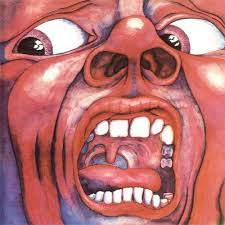
“An absolutely magnificent album that only seems to grow in stature with each listen. Robert Fripp & gang unwittingly created what is now a masterpiece for Prog Rock fans. The title track is both haunting and beautiful in its dynamics – moving from fragile acoustic ballad to almost orchestral grandeur. Fripp couldn’t have picked a better vocalist than Greg Lake to sell these lyrics so passionately and with such wonderful tone. The more experimental moments during “Moonchild” are not meandering, but full of inspired spontaneity.”

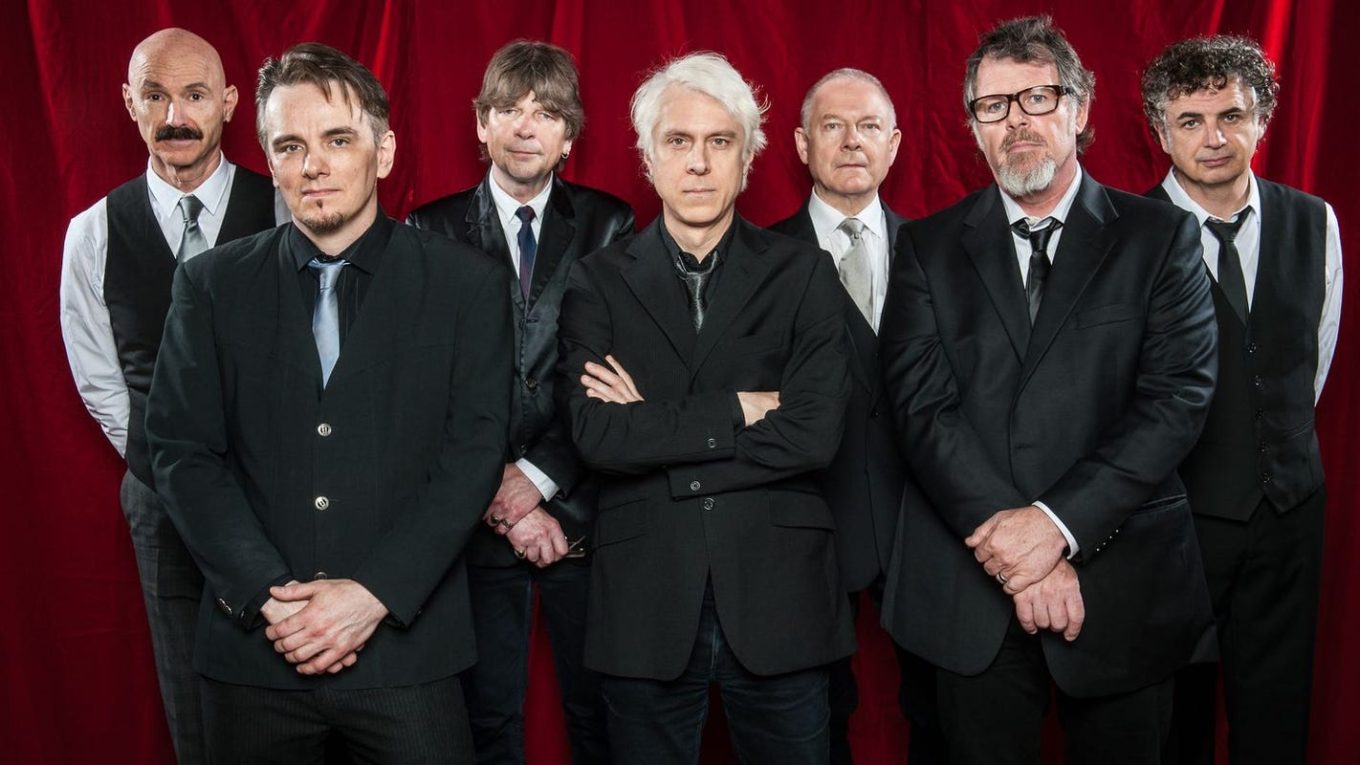
One thought on “King Crimson Albums Ranked”
Comments are closed.